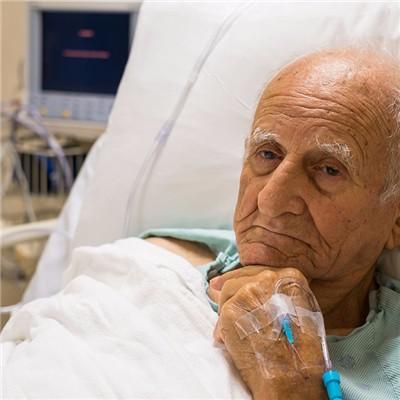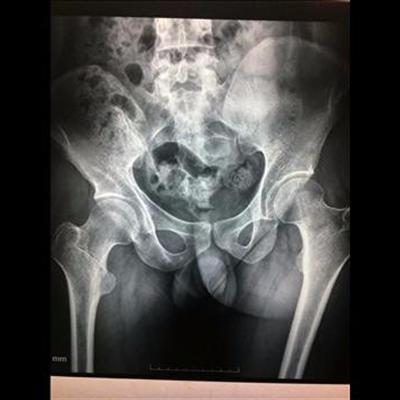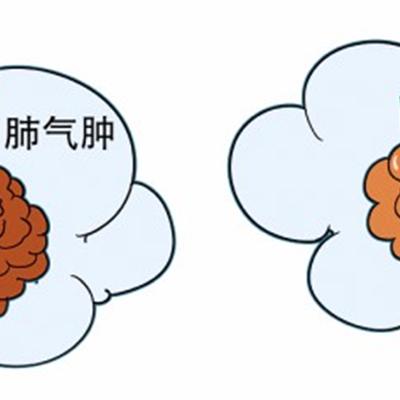What are the symptoms of advanced lung cancer
summary
My grandfather has lung cancer. He coughs every day and he always feels out of breath. The family spent a lot of medical treatment, but it was still of no help. Looking at my grandfather's advanced lung cancer, he was suffering from the disease every day, and he was very distressed. Now I'm going to talk about the late symptoms of lung cancer.
What are the symptoms of advanced lung cancer
First, cough is the most common symptom, with cough as the first symptom accounting for 35% - 75%. Cough caused by lung cancer may be related to changes in bronchial mucus secretion, obstructive pneumonia, pleural invasion, atelectasis and other chest complications. When the tumor grows in the bronchial mucosa above the large diameter and sensitive to external stimulation, it can produce cough similar to that caused by foreign body like stimulation. The typical manifestation is paroxysmal irritative dry cough, which is often difficult to control by general antitussive drugs.
Second: Sputum with blood or hemoptysis, sputum with blood or hemoptysis is also a common symptom of lung cancer, as the first symptom of about 30%. Due to the rich blood supply and brittle texture of tumor tissue, blood vessels rupture during severe cough, which may also be caused by local necrosis of tumor or vasculitis. Hemoptysis of lung cancer is characterized by intermittent or persistent, repeated small amount of blood in sputum, or a small amount of hemoptysis. Occasionally, it is difficult to control massive hemoptysis due to rupture of large blood vessels, formation of large cavities or tumor breaking into bronchi and pulmonary vessels.
Third: chest pain, chest pain as the first symptom accounted for about 25%. Often for chest irregular dull pain or dull pain. In most cases, peripheral lung cancer invades parietal pleura or chest wall, which can cause sharp and intermittent pleural pain. If it continues to develop, it will evolve into constant drilling pain. Mild chest discomfort, which is difficult to locate, is sometimes associated with mediastinal invasion of central lung cancer or involvement of blood vessels and peripheral nerves. 25% of patients with malignant pleural effusion complained of blunt chest pain.
matters needing attention
Through the above brief introduction, I believe many people are more clear about the concept of lung cancer, and also understand many symptoms of advanced lung cancer. Lung cancer is also a terrible disease. In order to better prevent it, we should reduce the exposure to pathogenic factors in our daily life, and also exercise.












